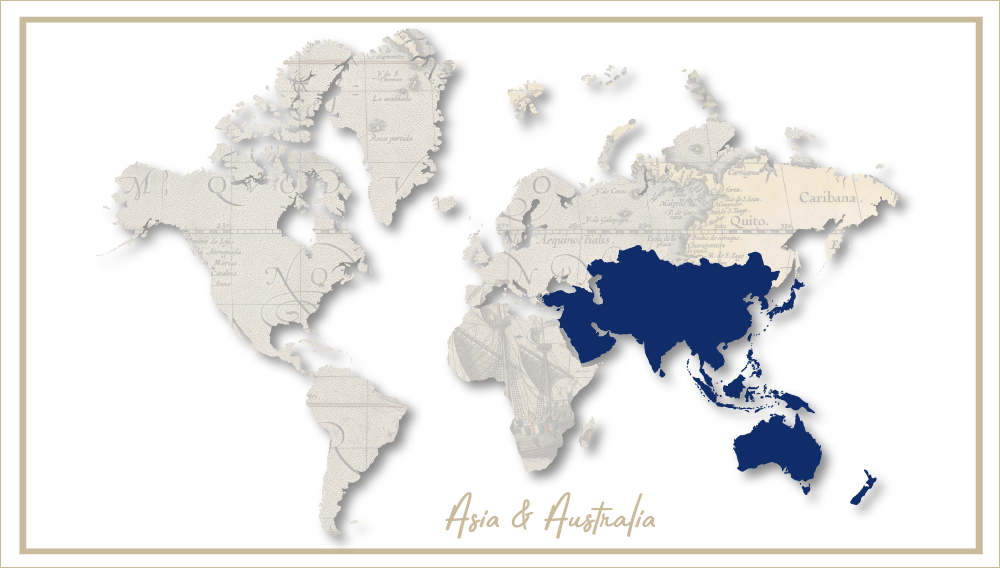San Miguel signs deal to sell softdrink arm to Coke
What will be the new look of business conglomerate San Miguel, having recently sold its entire 65 percent stake in its softdrink arm to joint-venture partner Coca Cola Co?
Under the terms of the deal, San Miguel will receive USD 590 million from the Coca-Cola Company for its entire 65 percent stake in Coca-Cola Bottlers Philippines Inc. San Miguel said Coca-Cola South Asia Holdings will pay the company an initial USD 370 million and deposit another USD 100 million with a third-party agent who will disburse the amount after the closing of some financial accounts which may result in a purchase price adjustment.
It was reported that San Miguel will receive another USD 20 million from Coca-Cola South Asia 18 months after the deal’s closing, while another USD 100 million will be paid on the fifth year of the deal.
Does the financial architecture of the deal sound confusing? Well, it just proves to show that selling Coke in the Philippines is not exactly like selling hot buns. Which is why Coca-Cola will be taking its own sweet time to reimburse San Miguel.
The transaction will give the Coca-Cola company full control of the Philippine bottler, which is estimated to be one of the top 10 Coke bottlers in the world.
The catch for San Miguel is that the sale agreement prevents it from producing non-alcoholic beverages either for itself or for Coca-Cola’s competitors in the Philippines for five years and elsewhere in the world for three years.
San Miguel has been in talks with its joint-venture partner Coca-Cola since the second quarter of 2006 in an effort to offload its stake in the local softdrink firm, which has been suffering from weak sales and demand in recent years partly due to a shift in consumer preferences to drinks such as tea. For the period January to September 2006, the Philippine bottler reported a 4 percent drop in sales from a year earlier.
Coca-Cola Bottlers Philippines also owns Cosmos Bottling Corporation and mineral water and juice producer Philippine Beverage Partners, Inc.
Aside from getting rid of a drag to its bottom line, San Miguel’s rationale for the sale must have been to raise funds to ease the burden of debts. San Miguel has been on an aggressive expansion overseas. In 2005 San Miguel bought National Foods for USD 1.5 billion and integrated it with Australia’s biggest juice firm Berri, acquired by San Miguel in 2004. Since changing hands, National Foods has been expanded further with the acquisition of Lactos, a leading specialty cheese company in Australia. Aside from National Foods, the group also owns four breweries in China and a brewery in Indonesia, Australia, Vietnam and Thailand.
Many will find it hard to see where San Miguel is heading to: Will it be an integreated beverage company or a food conglomerate. At present, it seems like it wants to continue being both, albeit with a shifting geographical reach. San Miguel has bought into higher margin businesses and other international operations because they helped to counter low domestic spending. International business, says San Miguel, now account for more than 30 per cent of sales, compared with only 13 per cent in 2004.
San Miguel, which is 20 percent-owned by Japan’s Kirin Brewery Co and nearly 11 percent by Philippine conglomerate SM Investments Inc., dominates the Philippine market for beer, soft drinks, liquor, processed meat, poultry, and dairy products.
Authors
Ina Verstl
Source
BRAUWELT International 1, 2007

